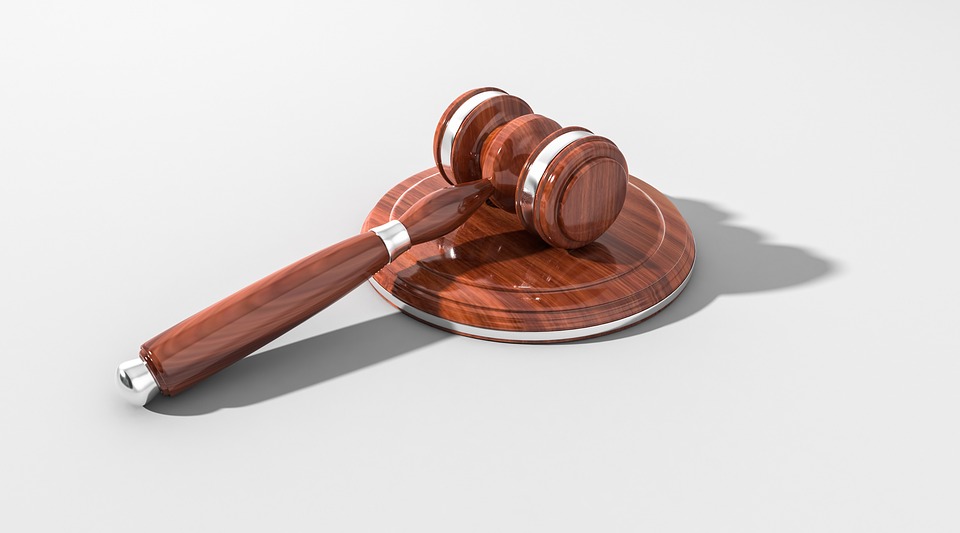Ethics and Legal Reasoning: Balancing Morality and the Law
When it comes to navigating the complex landscape of ethics and legal reasoning, individuals are often faced with the challenge of balancing morality and the law. While the law provides a framework for acceptable behavior within society, ethical considerations can sometimes lead individuals to question the morality of certain legal provisions or decisions.
The Relationship Between Ethics and Legal Reasoning
At the core of the relationship between ethics and legal reasoning lies the concept of morality. Ethics, often referred to as moral philosophy, is concerned with determining what is right and wrong in human behavior. Legal reasoning, on the other hand, is the process by which judges and lawyers analyze and interpret the law to arrive at a decision in a legal case.
While the law is intended to uphold societal norms and values, there are instances where legal provisions may conflict with ethical principles. In such cases, individuals are faced with the challenge of balancing their moral beliefs with adherence to the law.
Challenges in Balancing Morality and the Law
One of the key challenges in balancing morality and the law is the subjective nature of ethics. What one individual considers morally acceptable may be perceived differently by another. This can lead to conflicting interpretations of the law based on individual moral beliefs.
Another challenge is the evolving nature of ethics and morality. As societal values and norms change over time, what was once considered morally acceptable may no longer align with contemporary ethical standards. This can create tension between adherence to established legal norms and the desire to uphold evolving ethical principles.
FAQs
Q: How can individuals navigate the tension between ethics and the law?
A: Individuals can navigate the tension between ethics and the law by critically examining their moral beliefs and values, and considering how these align with legal provisions. Seeking guidance from ethical frameworks and consulting with legal experts can also help individuals make informed decisions.
Q: What role do ethics play in legal reasoning?
A: Ethics play a crucial role in legal reasoning by guiding individuals in interpreting and applying the law in a manner that is morally justifiable. Considering ethical principles can help ensure that legal decisions are not only legally sound but also ethically defensible.
Q: How can individuals reconcile conflicting ethical and legal considerations?
A: Individuals can reconcile conflicting ethical and legal considerations by engaging in open dialogue, seeking alternative perspectives, and considering the potential consequences of their actions. In some cases, seeking legal advice or mediation can help individuals navigate complex ethical dilemmas.
For further reading on Ethics and Legal Reasoning: Balancing Morality and the Law, check out this article.




